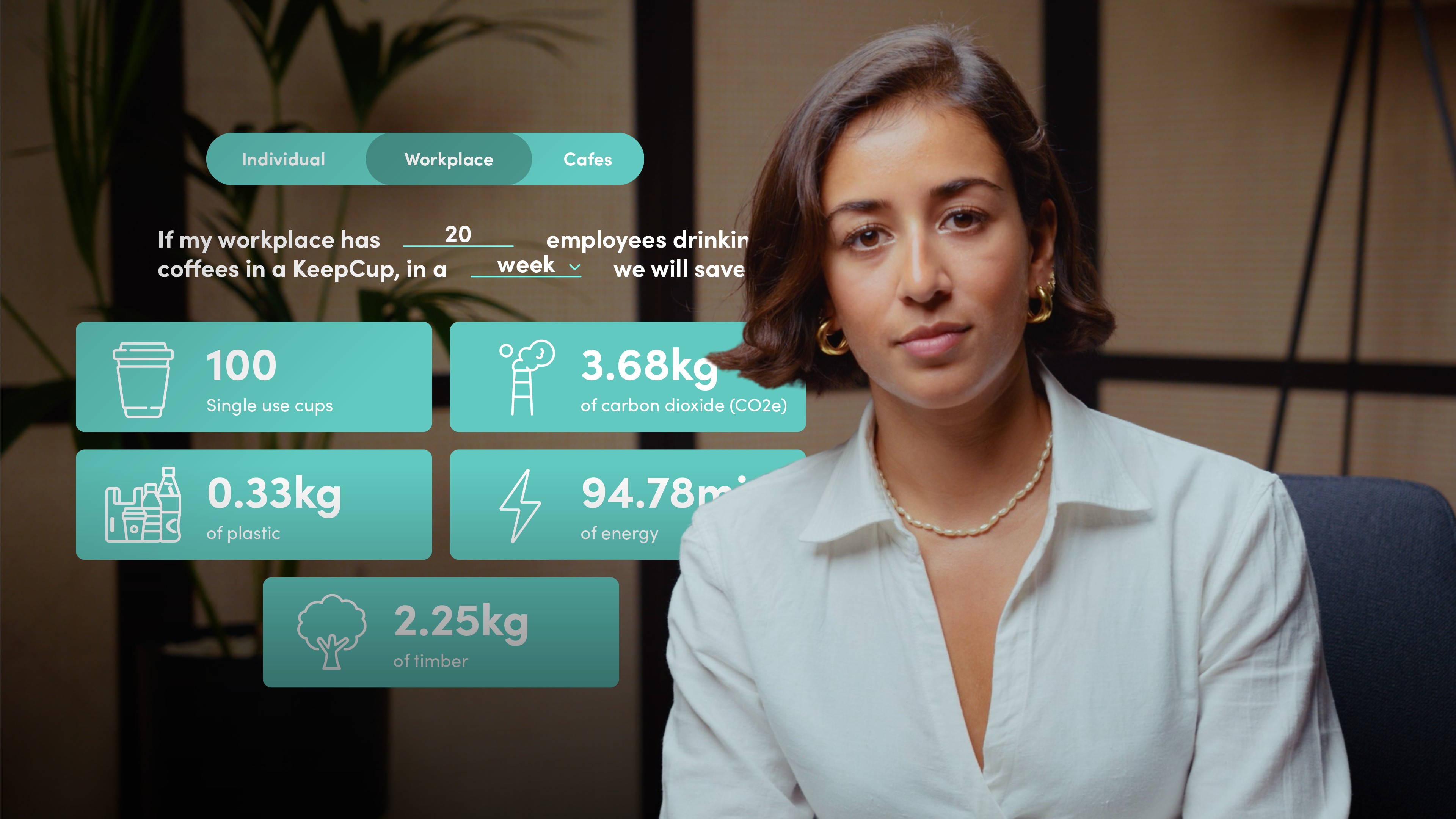
Rewiring our Psychology from Linear to Circular Thinking

Shivali Patel
10 years: Sustainability Consultant
In this video, Shivali discusses how we can change our psychology to think more circularly. She also shows how practical the circular economy is by illustrating simple changes we can make as individuals and businesses.

In this video, Shivali discusses how we can change our psychology to think more circularly. She also shows how practical the circular economy is by illustrating simple changes we can make as individuals and businesses.
Subscribe to watch
Access this and all of the content on our platform by signing up for a 7-day free trial.

Rewiring our Psychology from Linear to Circular Thinking
14 mins 22 secs
Key learning objectives:
Understand how we can apply a “reuse” mindset and how this will help transition to a circular economy
Understand the changes we can make as businesses to become more circular
Outline some ways in which we can rewire our psychology to think more circularly
Overview:
The shift towards a circular economy may appear intimidating, but it is entirely manageable. In fact, it is a practical approach that starts with us as individuals making incremental changes in our daily routines. By collectively implementing these changes at an organisational level, we can magnify the impact of the transformation. The initial step in this process is to rewire our psychology to embrace circular thinking. Emphasising the adoption of a "reduce and reuse" mindset plays a pivotal role in accomplishing this circular transformation.
Subscribe to watch
Access this and all of the content on our platform by signing up for a 7-day free trial.
- Question whether we genuinely need something and always try and find a more sustainable alternative
- Identify products that are no longer needed and sell them
- Make simple switches for key household items with less environmentally harmful replacements
- Adopt changes such as purchasing more “refill” options to reduce your plastic consumption and separating recycling according to council guidelines
- Support sustainable businesses to push other businesses to adopt the same principles as the norm
Subscribe to watch
Access this and all of the content on our platform by signing up for a 7-day free trial.

Shivali Patel
There are no available Videos from "Shivali Patel"


























